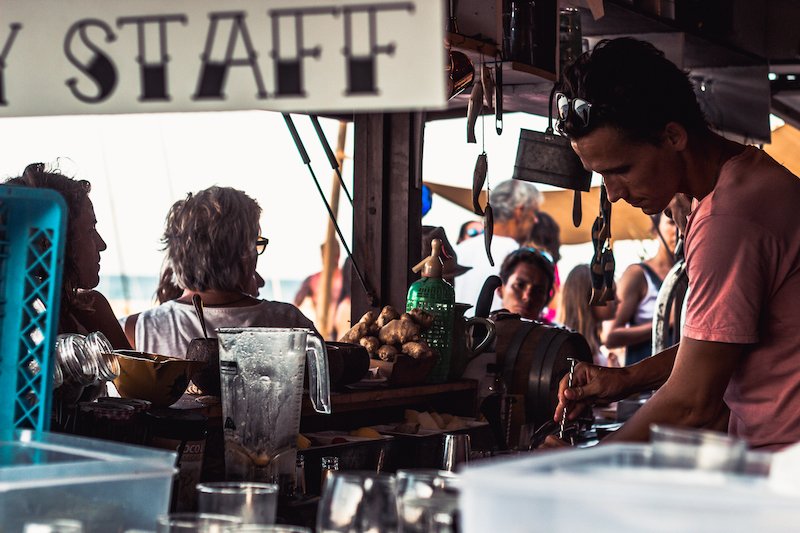A question that has come up recently is: what happens if someone contracts COVID in the workplace? If it is as straightforward as that, it’s easy, and there is a valid workers’ compensation claim. But the real world is never that straightforward.
The workers’ compensation system provides no-fault coverage for injuries and conditions “arising out of and in the course of employment.” MCA 39-71-407. In other words, the condition has to be contracted at work, which can be difficult to pin down for a virus like COVID. The legal principles for a COVID claim are the same as any other injury, but proving work-relatedness of a virus can be much more difficult than proving work-relatedness of a broken arm from someone who falls off a ladder at work.
Some states have enacted regulation creating a presumption that COVID is work-related for certain professions (typically health care workers). In those states, a health care worker is legally presumed to have contracted the virus at work unless proven otherwise. On the other hand, there’s also talk about federal legislation immunizing employers and insurance companies from any liability, although it is unclear whether that would apply to workers’ compensation, and it raises some Constitutional questions. Montana has not enacted COVID specific workers’ compensation legislation to date.
Under the existing rules in Montana, COVID is covered if it can be proven more likely than not that the exposure was at work. Each possible case would depend on the specific facts. Some of the important questions are:
- Are any coworkers positive for the virus?
- When were any coworkers positive for the virus?
- Has the person practiced safe social distancing and/or isolation outside of work?
- What does any contract tracing show?
For instance, if someone works in a busy environment — say a grocery store or restaurant — and practices strict social isolation outside of work, there is a strong contention that any exposure was work-related. On the other hand, if a person works in a small office, and then goes out into the community outside of work without taking any precaution, it may be difficult to prove work-relatedness. In some cases the person is able to pin down exactly where/when exposure occurred, but as community spread increases it becomes an increasingly blurry picture.
If a COVID claim is work-related, a significant legal and medical question is whether there is permanent damage. Many people recover fairly quickly, and without permanent damage — this would be a nominal claim. On the other hand, there is increasing evidence of permanent lung damage is some cases, as well as serious complications and death.
The COVID pandemic is a new situation for all of us, but the same core principles of workers’ compensation apply. The question is the same: Did the exposure occur at work? The answer is in the details.
Call if you have questions about a possible work related exposure.

